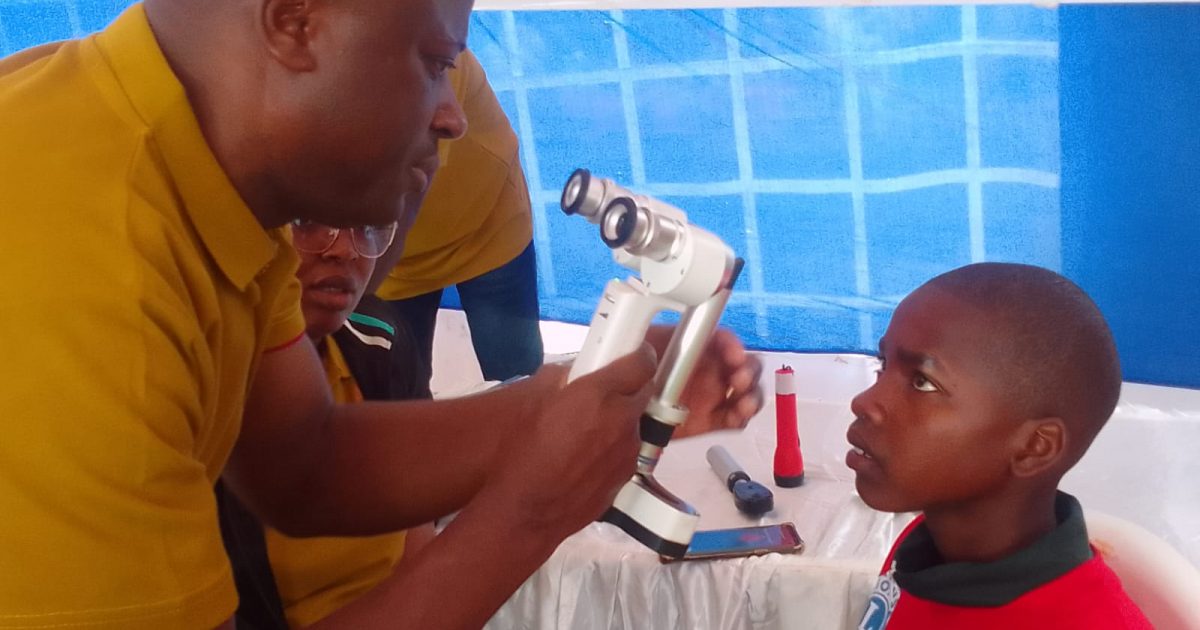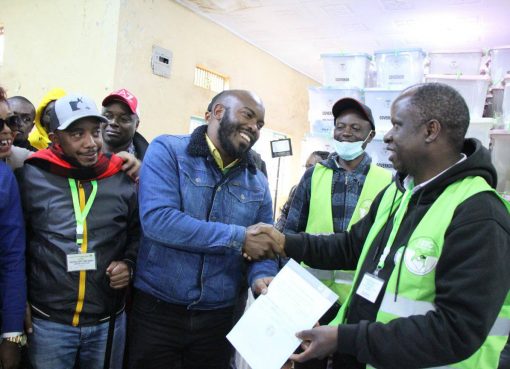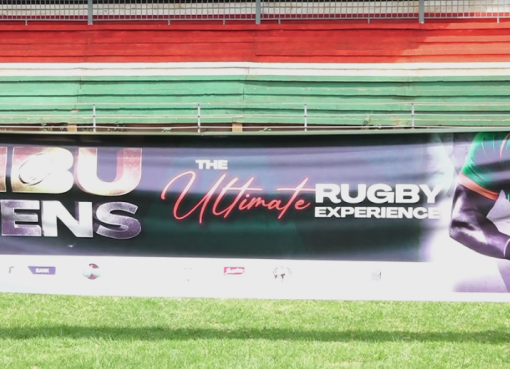At Kabete National Polytechnic, a wave of hope and inclusion swept through the institution as it hosted International Paralympics Day in collaboration with Lions SightFirst Eye Hospital and Special Olympics Kenya.
The event, held on February 12, 2025, was more than a celebration—it was a lifeline for children with intellectual disabilities, offering them access to critical health screenings and a platform for recognition.
For many children with intellectual disabilities, access to specialised healthcare remains a challenge. Recognising this, Kabete National Polytechnic established the Special Intellectually Challenged Lab, where experts conducted developmental and behavioural tests to assess their well-being. Parents and guardians were also actively involved, receiving checklists and questionnaires to monitor their children’s progress at home.
In addition to developmental screenings, the event provided free eye checkups and ear screenings. Specialists conducted refraction tests, detecting vision impairments and prescribing eyeglasses where necessary. Ear screenings helped identify hearing challenges, ensuring children received proper medical interventions.
“As the President of Lions SightFirst Eye Hospital, I am committed to ensuring that intellectually challenged children receive the necessary treatment—not only to support their health and development but also to promote inclusivity,” said Charles Nyambe, an optician at the hospital.
Beyond healthcare, the event underscored the importance of ensuring the safety and well-being of children before engaging in physical activities. Principal Secretary for Technical and Vocational Education and Training (TVET), Esther Mworia, emphasized that children with intellectual disabilities must be given the best possible conditions to thrive.
“The Special Intellectual Challenges Lab ensures that children are healthy and safe before participating in Paralympic sports, which require rigorous physical engagement,” Mworia noted.
The event was part of a broader effort spearheaded by Special Olympics Kenya to create an inclusive environment for individuals with disabilities. Patty Hill, Chairperson of the Lions Club International Foundation, revealed that nearly 455,000 Special Olympics athletes across the country have benefitted from free vision screenings.
“This initiative, conducted at least once a month, is a step toward a more inclusive society,” Hill stated. She further emphasized that Paralympic Day is about recognition, awareness, and support for individuals with disabilities, urging the public to show empathy and compassion.
While sports provide an avenue for inclusion, experts at the event stressed the importance of a holistic approach in supporting children with intellectual disabilities.
“In addition to pre-vocational and vocational training, these children should engage in regular physical exercise and maintain a nutritious diet rich in fruits and vegetables to improve their mental and physical well-being,” said Ruth Achieng, Head of the Health Science Department at Kabete National Polytechnic.
The event attracted a diverse range of stakeholders, including representatives from Lions SightFirst Eye Hospital, Lions Club International Foundation, Healthy Athletes Special Olympics Kenya, Special Olympics MedFest, Special Olympics Young Athletes, the Ministry of Education, and the Kabete National Polytechnic fraternity.
With each medical check-up, with every child equipped with glasses, and with every voice advocating for inclusion, International Paralympics Day proved to be a beacon of hope for many.
As Kenya continues to champion inclusivity in sports, healthcare, and education, events like these serve as a reminder that every child—regardless of ability—deserves a chance to thrive.
By Nancy Akinyi





